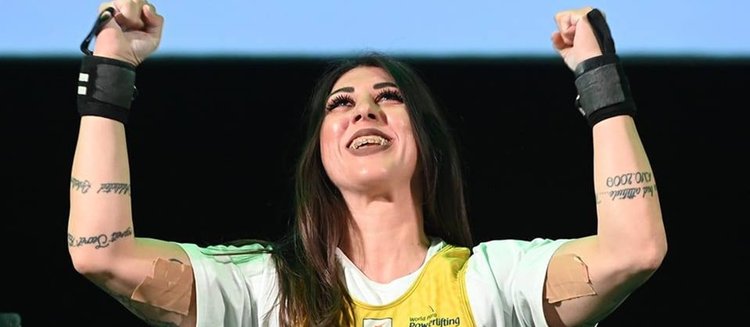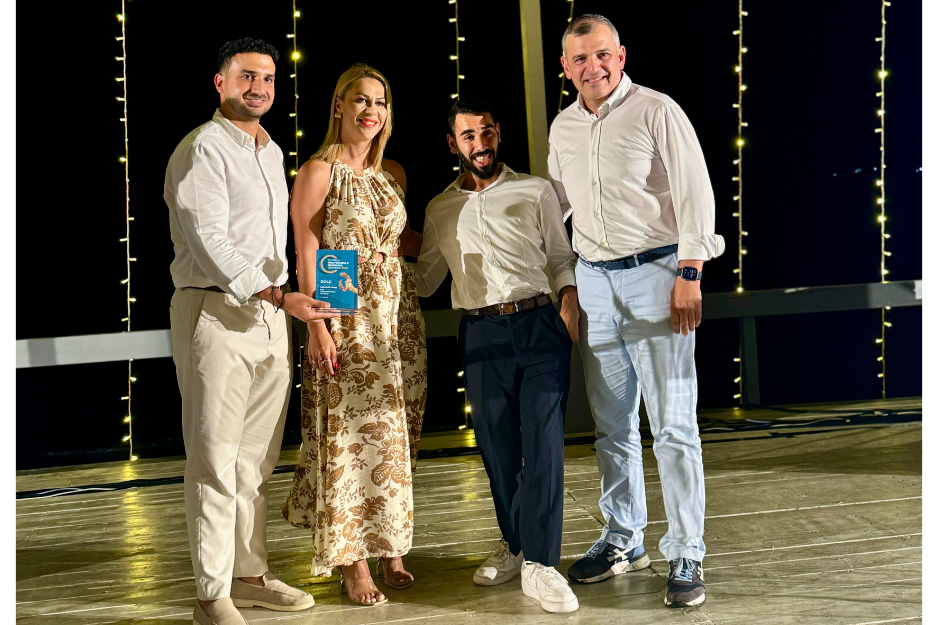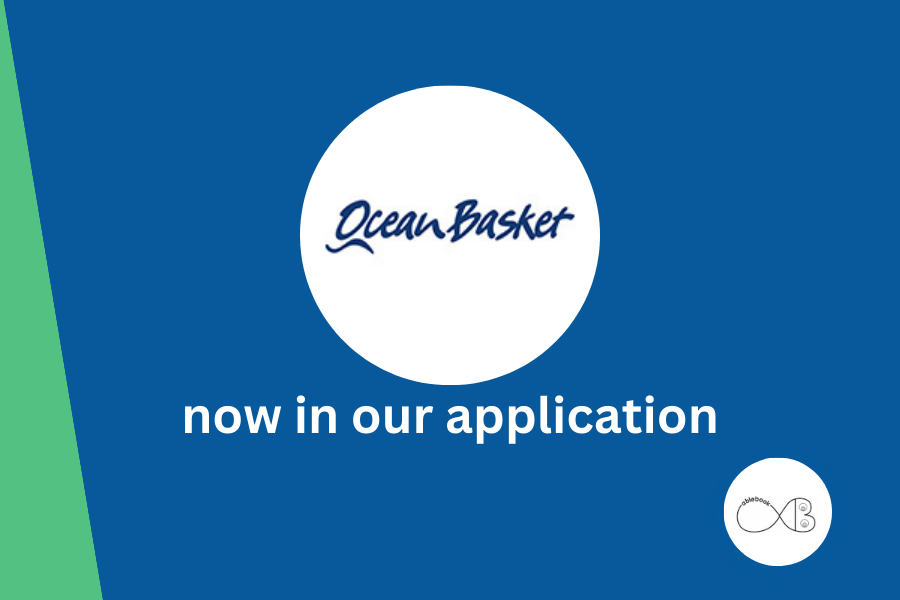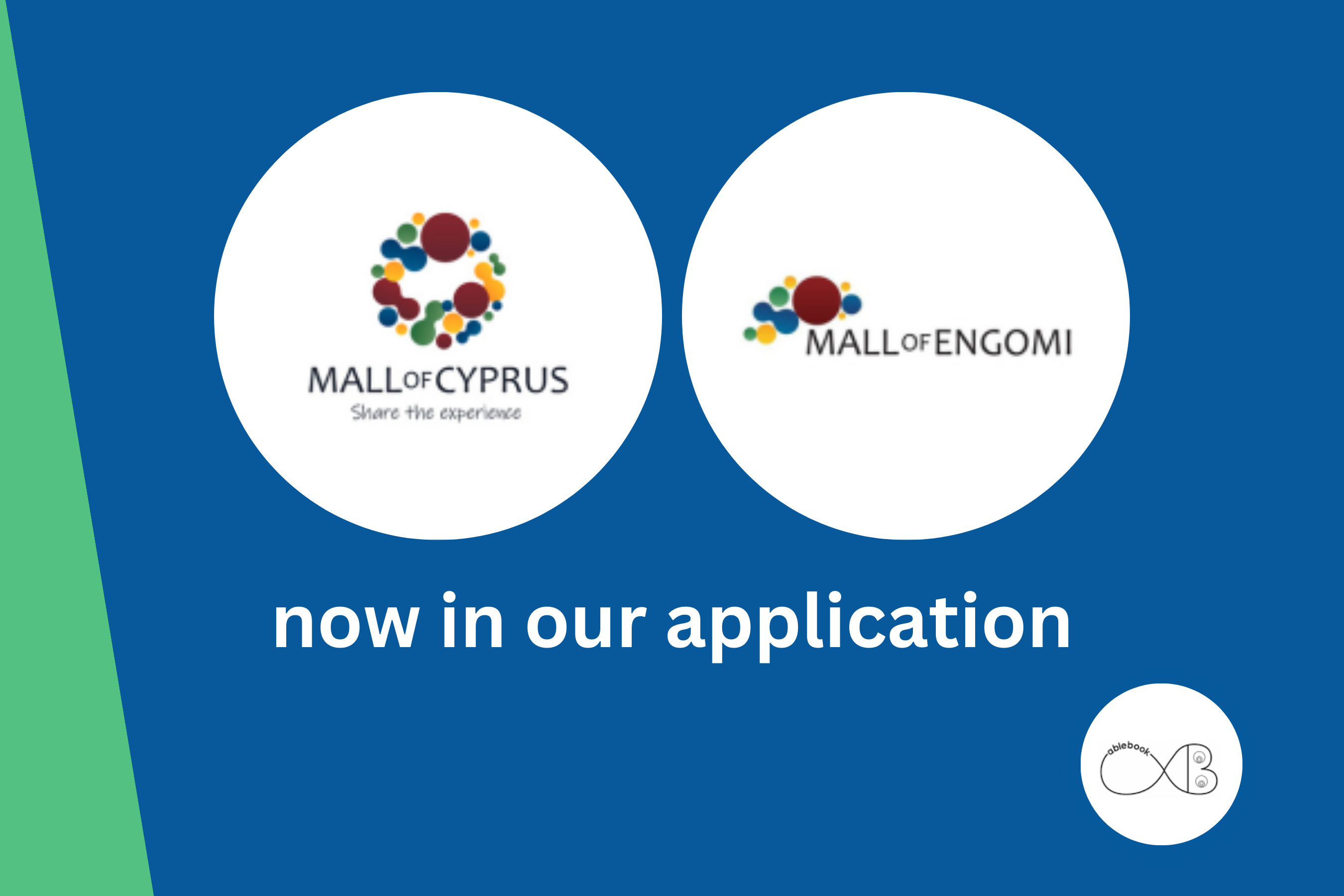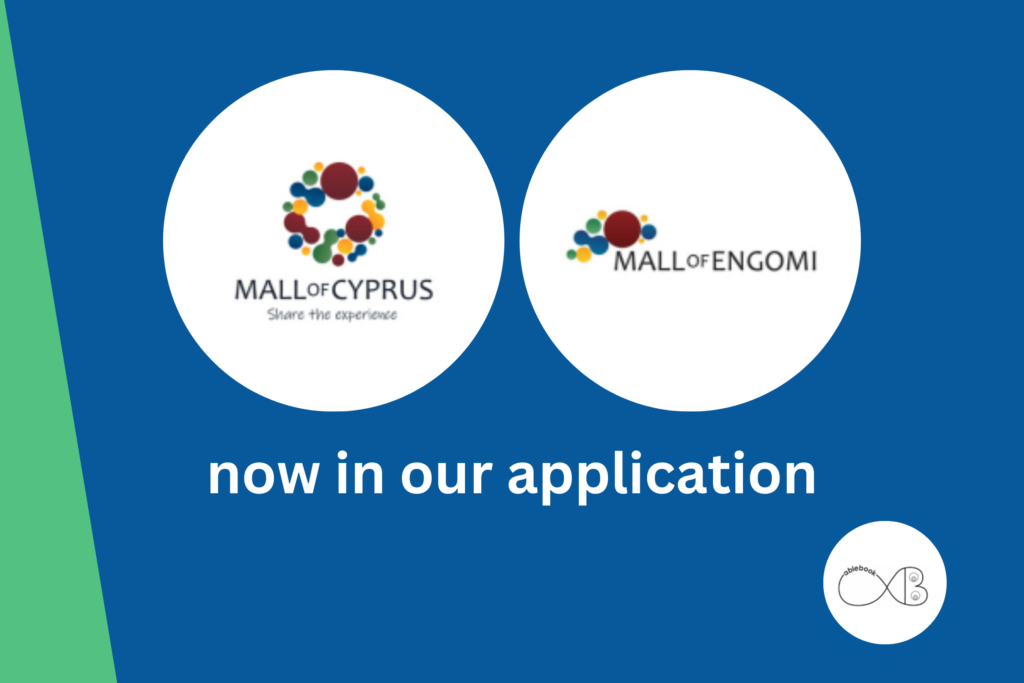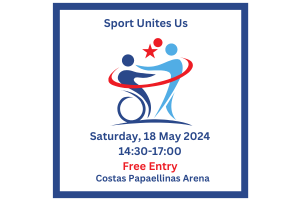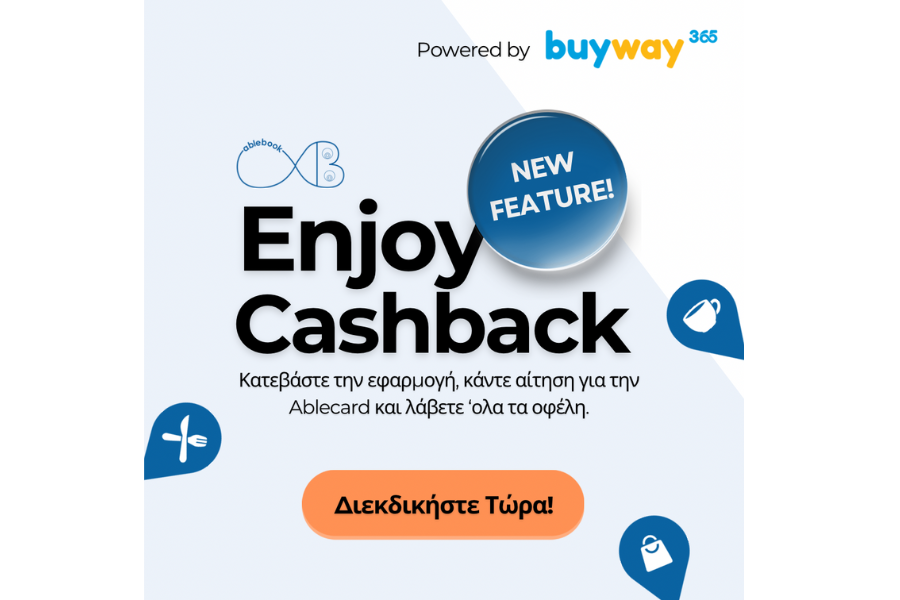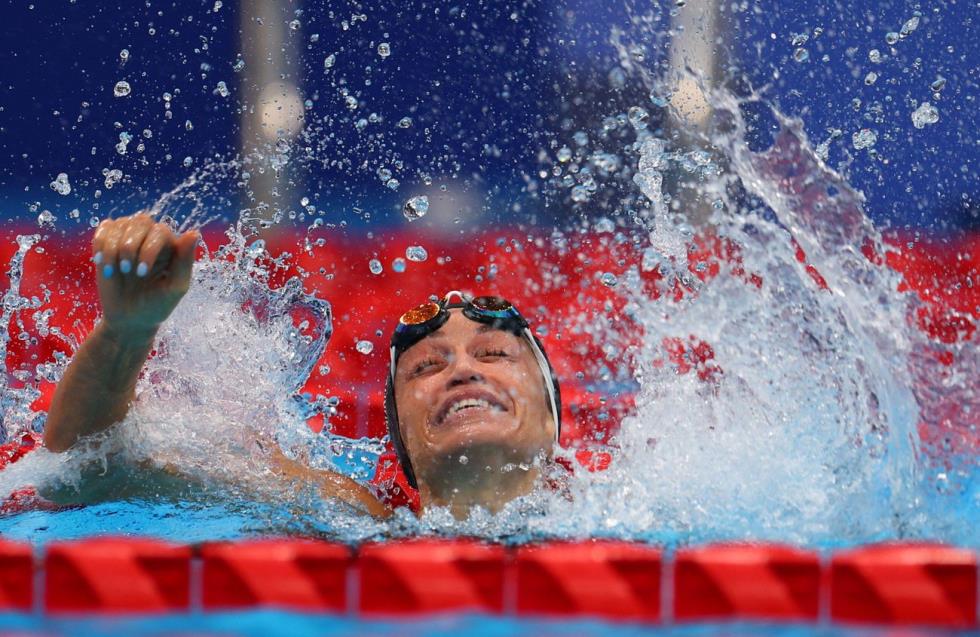
The three-time Paralympic gold medalist of Cyprus, Karolina Pelendritou, and flag bearer of the Cypriot National Paralympic Committee’s delegation at the 17th Paralympic Games in Paris 2024, kicks off the competition today for the Cypriot team in this Paralympics.
The top swimmer in Cyprus’s Paralympic history competes today at noon at the Paris La Défense Arena in the 50m freestyle heats in the S11 category. Sixteen athletes are participating in this event, divided into two heats of eight. Karolina Pelendritou is competing in the 2nd heat. The race is scheduled to start at 11:46 local time (12:46 Cyprus time). The athletes with the eight fastest times will advance to the final.
Karolina’s goal is to record one of the eight best times to qualify for the final, which will take place later the same day (20:41 local time, 21:41 Cyprus time), with the hope of reaching the podium for the second consecutive time.
Karolina’s coaches are Stelios Kakavoyiannis and Ioannis Alexakis.
Karolina Pelendritou will return to the Paris La Défense Arena on September 5th to compete in the 100m breaststroke. The heats will be held in the morning, and the final will take place in the afternoon of the same day. Eleven athletes are participating in this event, and the top eight times will advance to the final.
Karolina will compete in the 1st heat, and the race will start at 10:19 local time (11:19 Paris time). The final is scheduled for 18:24 local time (19:24 Cyprus time).
This is Karolina Pelendritou’s 6th participation in the Paralympic Games, and she has won as many medals.
Details of Karolina’s medals in the Paralympic Games:
Her journey began at the Paralympic Games in Athens in 2004. In the country that gave birth to the Olympic Games, Karolina won the gold medal in the 100m breaststroke, and the national anthem of Cyprus was heard for the first time at the Paralympics.
In Beijing 2008, Karolina proved that her success four years earlier was no fluke. In addition to gold in the 100m breaststroke, she also won bronze in the 200m.
In London 2012, Karolina continued her success, winning another medal for Cyprus, this time a silver in the 100m breaststroke.
At the Paralympic Games in Rio 2016, Karolina came close to winning another medal, but finished 4th. However, this motivated her even more, and at the Tokyo 2021 (2020) Paralympics, Karolina once again elevated Cyprus to the top step of the podium. The national anthem was heard again in distant Japan, filling all of Cyprus with pride. Bronze in the 50m freestyle and gold in the 100m breaststroke brought her total Paralympic medal count to six (3 golds, 1 silver, and 2 bronzes).
The world record and the Paralympic record in the 50m freestyle have been held by Ma Jia from China since August 29, 2021, at the Tokyo Paralympics, with a time of 29.20.
The world record in the 100m breaststroke has been held by Lukianenko Daria from Russia since April 23, 2024, in Funchal, Portugal, with a time of 1:17.65, while the Paralympic record has been held by Karolina Pelendritou since September 1, 2021, in Tokyo, with a time of 1:19.78.


